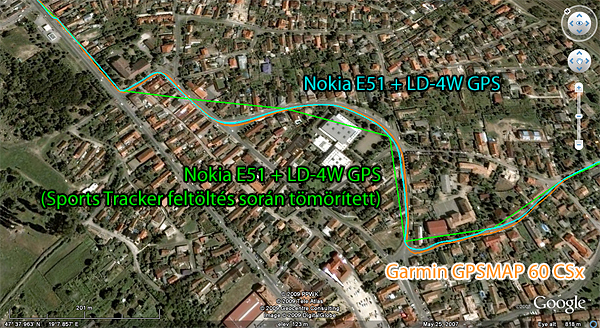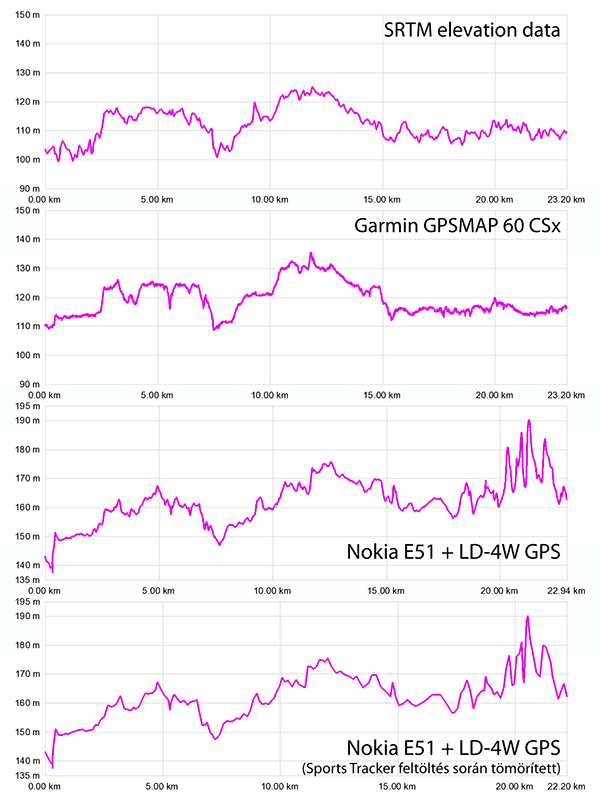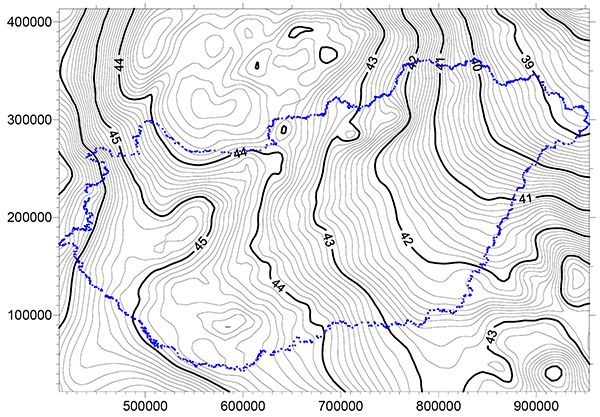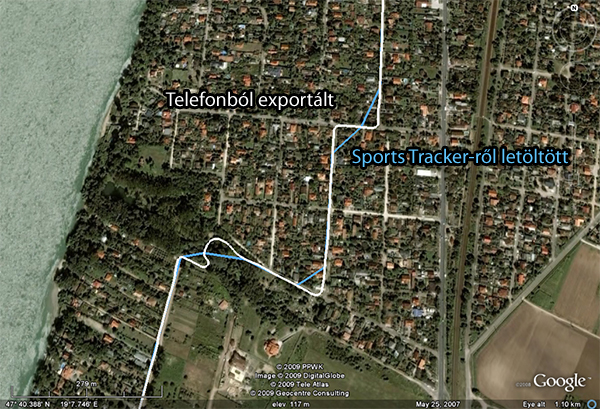About 90% of students (including me) in Leuven are regular cyclists. Not athletes nor sportspersons, but commuters on two wheels. As the bike is the fastest (if you do not count small motorcycles) and cheapest way to get from A to B, this is an evident choice for young people. But older businessmen (and women) are not a rare sight riding their bikes in suits (or costumes), either. And bad weather is not an excuse. Raincoats are not futuristic equipment, they are available for a long time…
I was already a hardcore bike commuter back in Hungary, where life on two wheels is not as easy as it is here in Belgium. The infrastructure for cyclists in the city of Budapest is – to be honest – close to being non-existent. Bike lanes are almost unknown, separated bike paths are badly designed and built (usually starting in the middle of nowhere and ending in the middle of nowhere), the number of parking spaces for bikes is too low, car drivers are aggressive (of course, when they are sitting in the endless traffic-jams all day), etc. So the background and support for bike commuters is generally vary bad, hence riding your bike among the cars in Budapest can be considered as an extreme sport, where survival is the main goal, and reaching the destination is only a bonus point… (Bike messengers are the champions of this “sport”. I have a single speed messenger bike and I carry my stuff in a special messenger bag – both for practical reasons – but I am still far from them. If you want to be fast, you have to ride among the cars, and I have learned how to do that in a safe way. This is a skill, which you have to learn and practice a lot, or you can use the terrible and unsafe bike paths with a speed of 15 km/h, because there are always pedestrians who are unaware of the fact, that they are walking on the bike path… The choice is yours.) But something has started in the last two years. There are more and more cyclists on the road every day. The numbers are “so high” (around 5%, but that was 1% two years ago), that the city will have to do something… It is also proven, that the number of potential bike commuters is high, but they won’t hit the road until they feel safe. That’s the reason why it is so urgent to develop the sufficient infrastructure for cyclists. This is inevitable if Budapest would like to be a viable city again, as it was a 100 years ago.
These are nearly unimaginable problems for Belgian people, because the infrastructure here – at least (but not only if) compared to the Hungarian – is almost perfect. You see bike lanes, bike paths and parking places everywhere. One-way streets are usually open for cyclist from both directions, etc (I will write a separate post about this subject later). So the number of bike commuters is not a surprise at all…
Now – in the 2nd part of this post – I will present my everyday commuting route. On the morning, I usually ride through the center to stop for breakfast at a store of the bakery chain called Panos. On the evening (or late afternoon) I am taking the shortest and fastest route back (or in case I have to buy some stuff at the supermarket, it can be a bit different). So here is my commute:
View Larger Map
The elevation profile of the morning ride:

The elevation profile of the afternoon ride:

And there are also two videos showing these routes, but they may be a bit boring (they are) even at double speed, and the quality is not that good (blame YouTube for that). If you are still interested, check them out clicking here (from home to the University) and here (back to home).
Instructions for commenting are now bilingual, so you can fill out the box below your personal details and comment in English too (just write there the name of the current day, e.g. Tuesday)!





